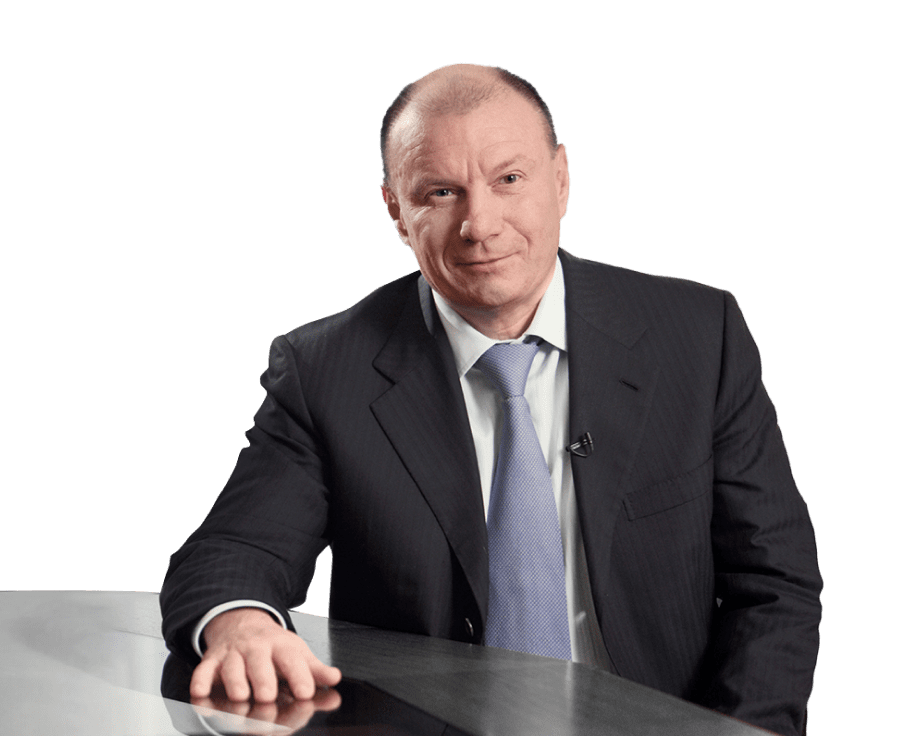
Отчет об устойчивом развитии
Сохраняя ценности
и приоритеты


Сохраняя ценности
и приоритеты
Читать обращение Президента — Председателя Правления«Норникель» сохраняет свою приверженность реализации стратегии устойчивого развития вне зависимости от воздействия внешних факторов.
Ресурсо- и энергоэффективность, экономика замкнутого цикла, социально-трудовая сфера, качество корпоративного управления, экологические и социальные программы в регионах присутствия остаются нашими ключевыми приоритетами.

Сохраняя ценности
и приоритеты
Environmental
«Норникель» проводит непрерывную работу по снижению негативного воздействия на окружающую среду, возникающего в результате деятельности Компании.
Перейти к разделу
Сохраняя ценности
и приоритеты
Social
Нашими ключевыми приоритетами остаются забота о персонале, поддержка коренных малочисленных народов и реализация социальных программ на территориях присутствия.
Перейти к разделу
Сохраняя ценности
и приоритеты
Governance
Приоритетная задача корпоративного управления «Норникеля» - гармонизация интересов акционеров, членов Совета директоров, менеджмента, а также сотрудников и всех заинтересованных сторон, участвующих в деятельности Компании.
Перейти к разделу